In a decisive move Governor Ron DeSantis (R., Fla.) has announced the deployment of the Florida National Guard to key ports affected by the International Longshoremen’s Association (ILA) strike. This action follows the dockworkers’ decision to strike at ports along the East Coast as they fight for better wages.
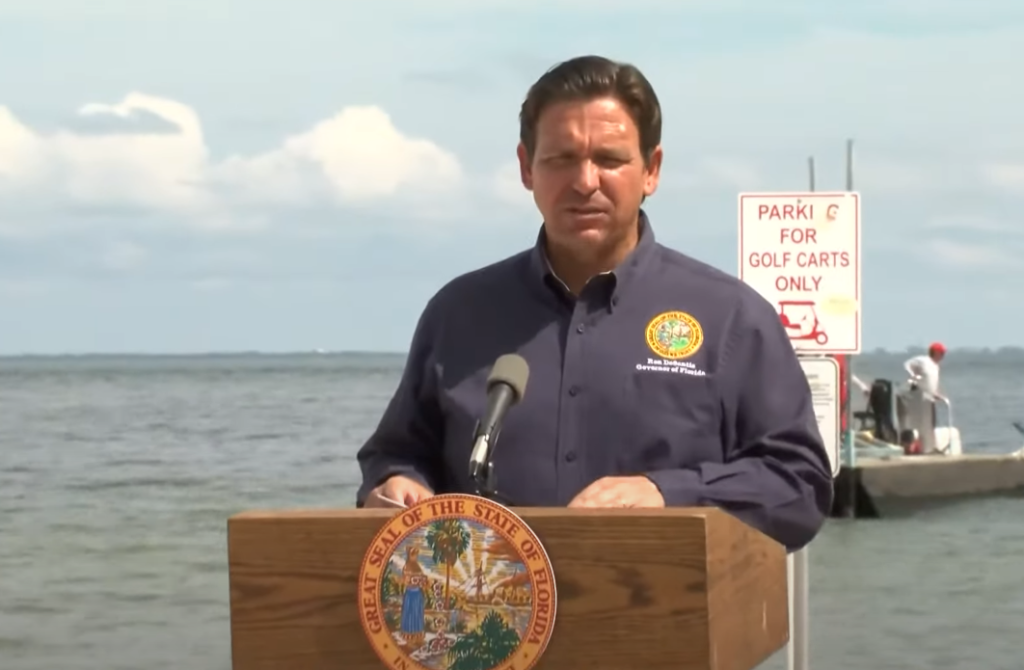
Governor DeSantis, in a Thursday press conference, issued an executive order to ensure that the state’s recovery from recent hurricane damage would not be further derailed by the ongoing labor dispute. His order deploys the Florida National Guard and Florida State Guard to critical ports to maintain order and, if feasible, resume operations. Additionally, the governor is waiving select tolls and weight regulations for commercial vehicles to ensure the flow of goods continues unabated.
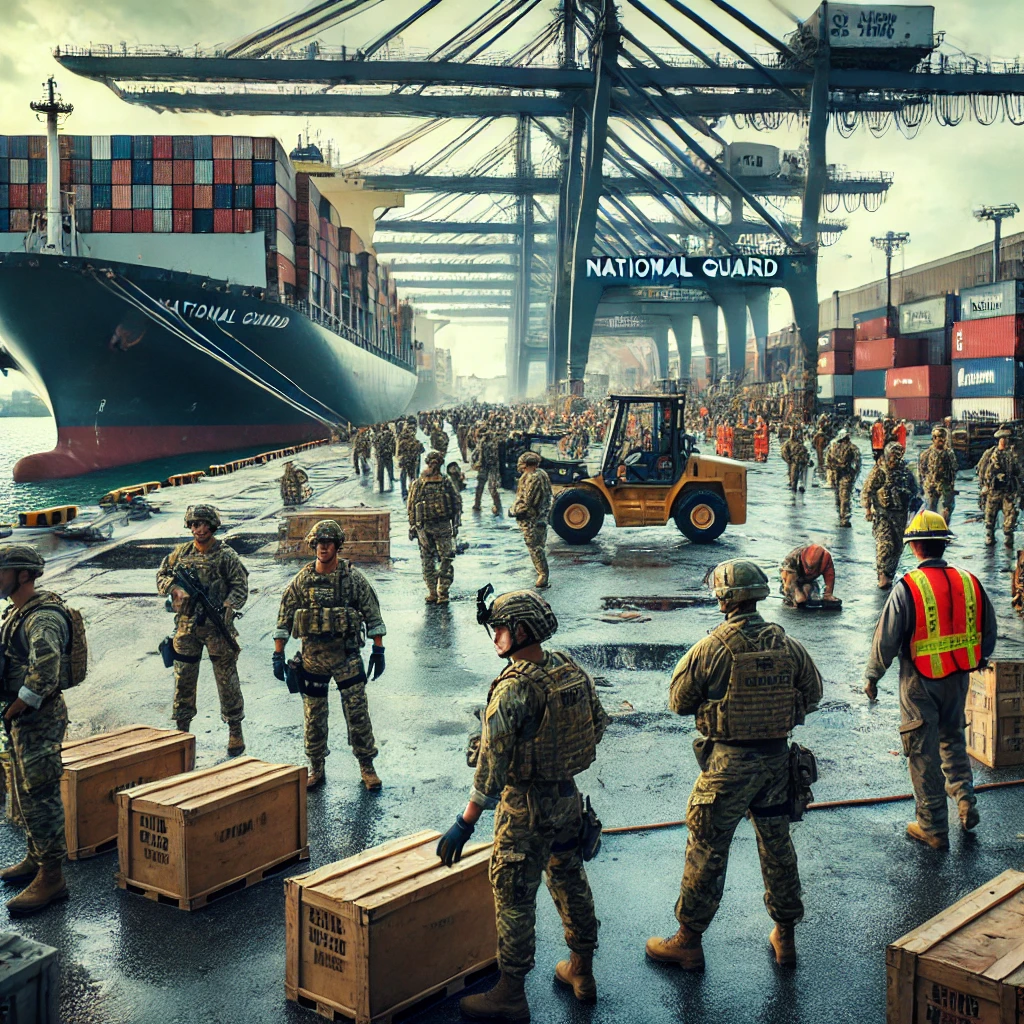
“At my direction, the Florida National Guard and Florida State Guard will be deployed to critical ports affected to maintain order and, if possible, resume operations which would otherwise be shut down during this interruption,” DeSantis stated.
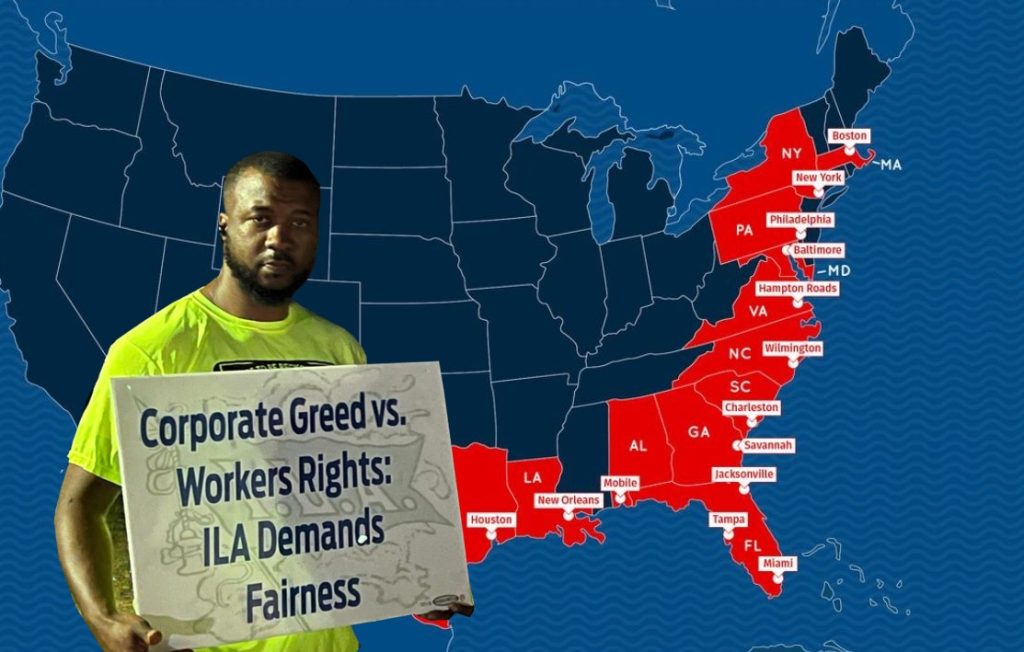
The strike, initiated on Tuesday, followed the breakdown of contract negotiations between the ILA and the United States Maritime Alliance (USMX). The longshoremen are demanding guarantees against automation that they argue threatens to eliminate their jobs. The strike has already begun to severely disrupt shipping operations at ports critical to Florida’s economy, potentially exacerbating the challenges the state faces in its hurricane recovery efforts.

DeSantis also announced directives for the Florida Department of Transportation to temporarily waive tolls and fees for commercial trucks traveling on public highways and to lift size and weight restrictions for vehicles transporting goods, easing the burden on supply chains amid the strike.

While the governor’s actions are meant to mitigate the strike’s economic impact, the move highlights his strong Republican stance on labor disputes. Unlike President Joe Biden, who has refrained from using federal labor law to intervene, DeSantis is taking a more aggressive approach.

The Taft-Hartley Act allows the president to end strikes that could cause economic devastation, but Biden has opted not to use this power in the current situation, leaving the door open for state-level actions such as those taken by DeSantis. Biden did use the Act to prevent a railway strike over a dispute surrounding paid sick leave in 2022.
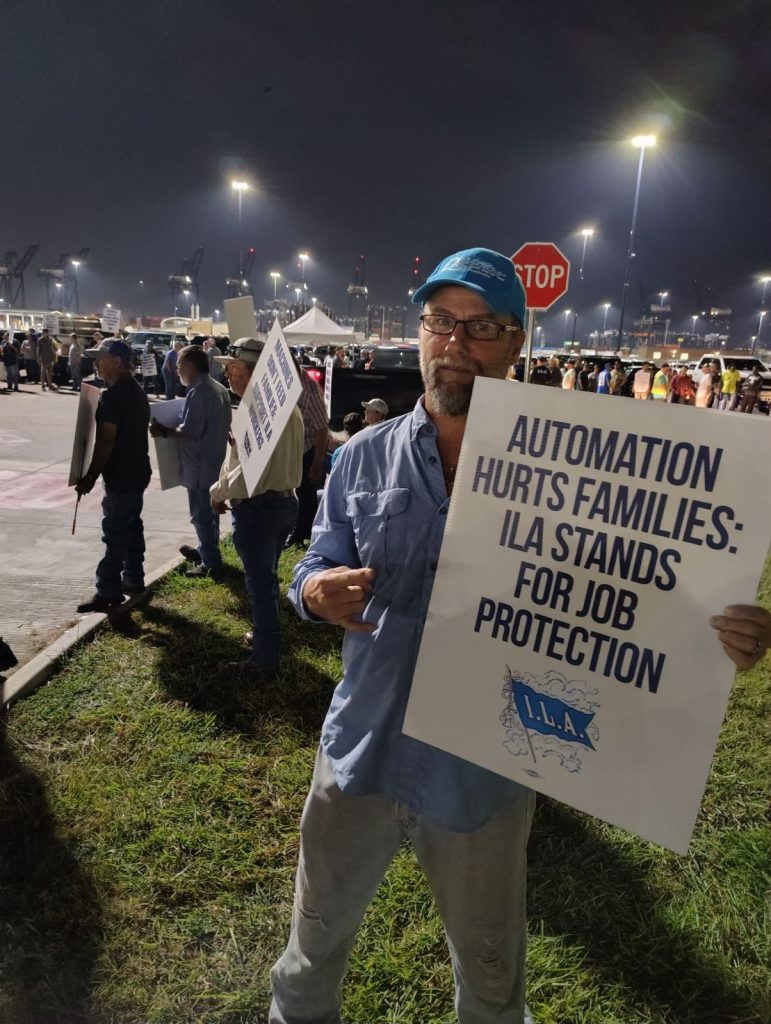
The strike has drawn sympathy from both major 2024 presidential candidates, Vice President Kamala Harris and former President Donald Trump, despite their differing political views. However, DeSantis’ approach stands in contrast, signaling a willingness to use state authority to ensure the smooth functioning of Florida’s economy.
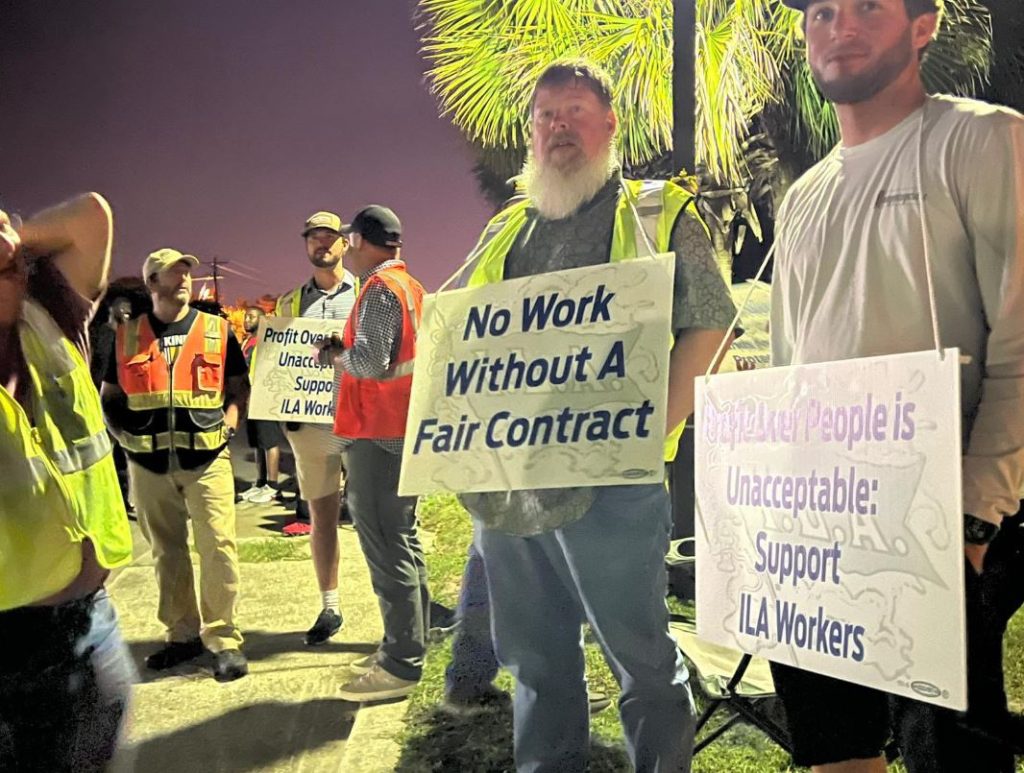
As recovery efforts continue in the wake of hurricanes that recently impacted the state, DeSantis’s decision to intervene in the dockworkers’ strike may have broader implications for both labor relations and Florida’s economic trajectory. Whether the deployment of the National Guard will successfully ease tensions at the ports remains to be seen, but DeSantis has made it clear that maintaining order and supporting Florida’s economic resilience is a top priority.
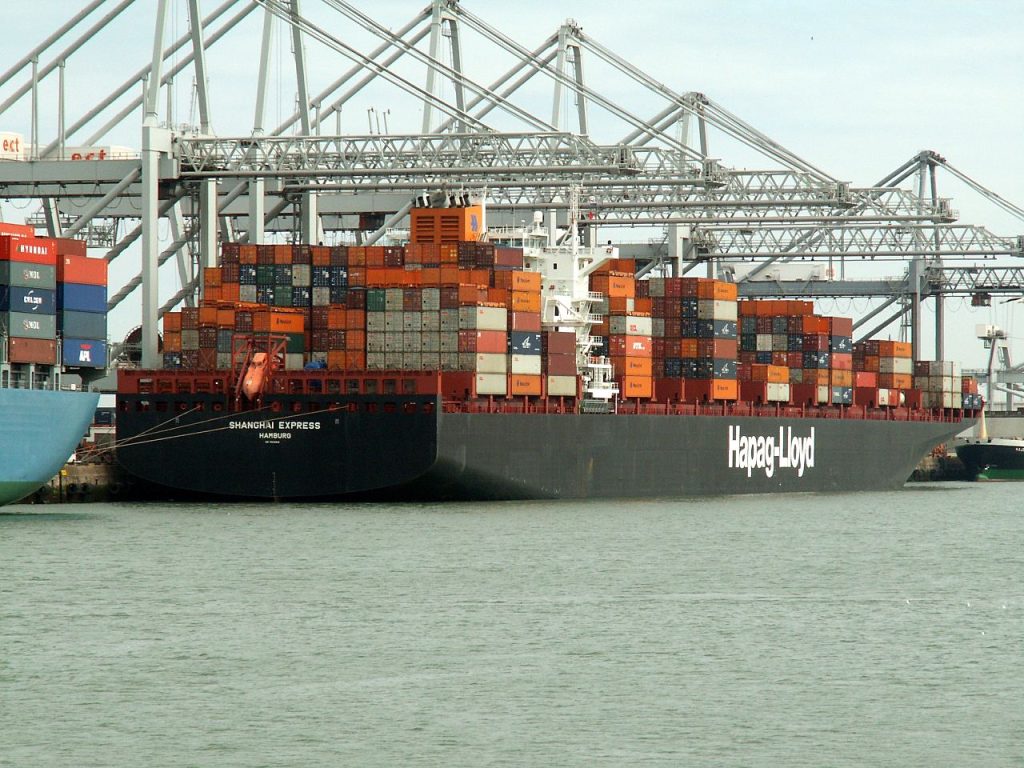
The ILA strike remains ongoing, and its outcome could have long-lasting effects on port operations across the East Coast. There is some question regarding the ability of the national guard to run the port with untrained personnel.





